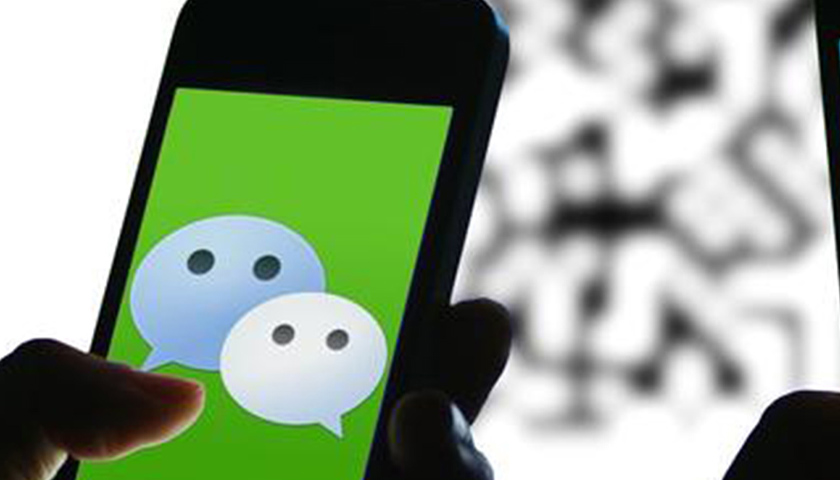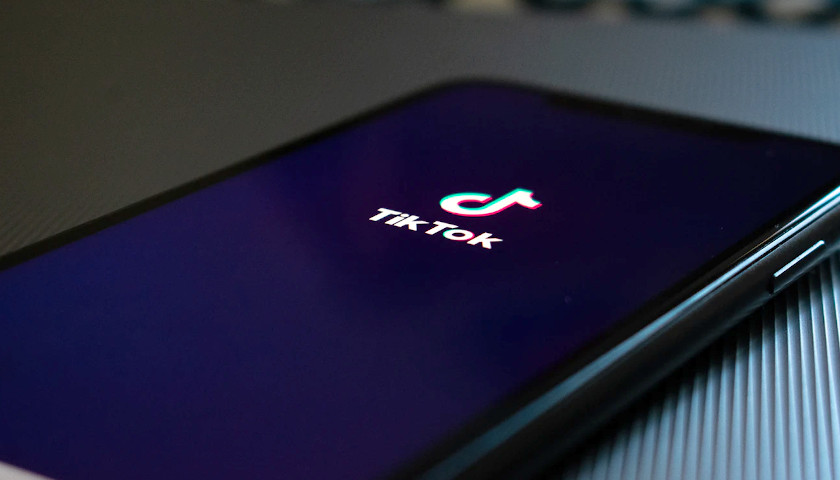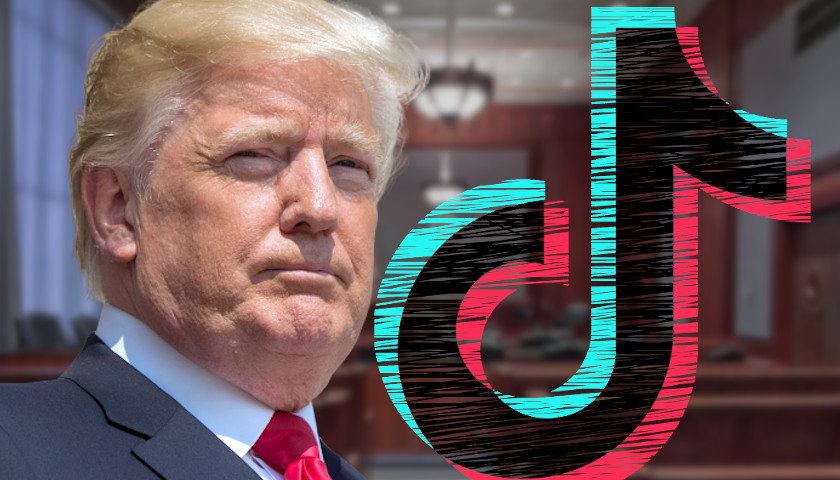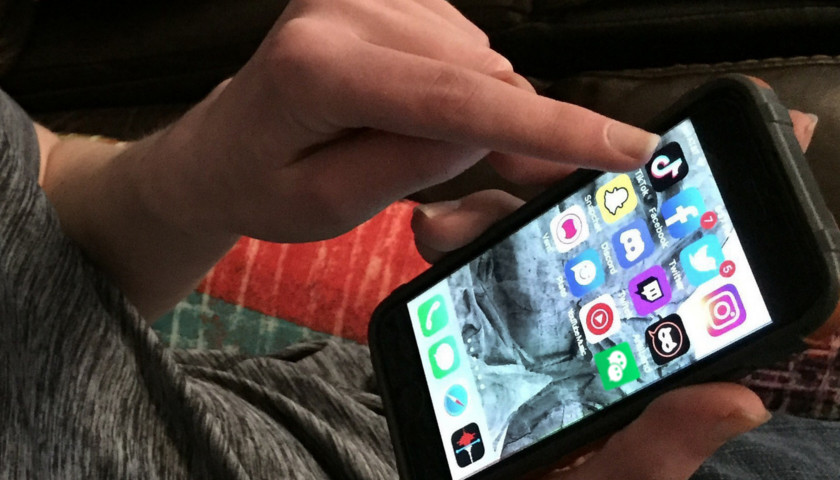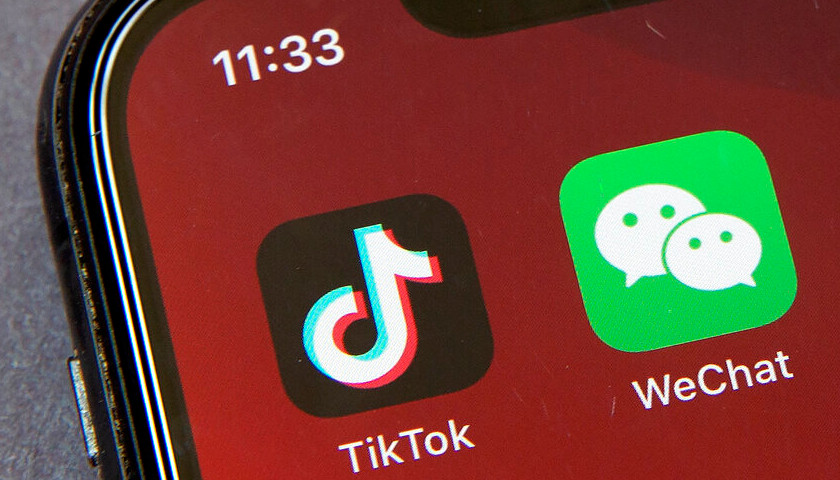Australian Prime Minister Scott Morrison has had his personal account on Chinese-owned social messaging service WeChat taken over by a Chinese tech company and shut down Monday, Reuters reported.
Fuzhou 985 Technology, a China-based technology firm, managed to take control of Morrison’s WeChat account, which currently has 76,000 followers, several months ago, Reuters reported. Morrison reportedly used the account to communicate with Australians of Chinese origin.
Fuzhou rebranded the account as “Australian Chinese New Life” and redirected users visiting the account to Fuzhou’s website, according to a CNN translation.
Read More
